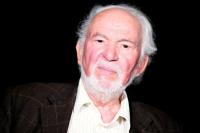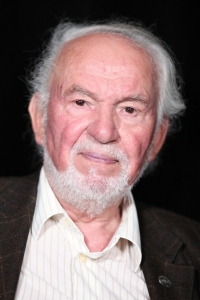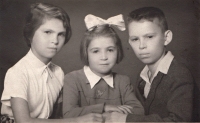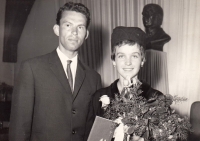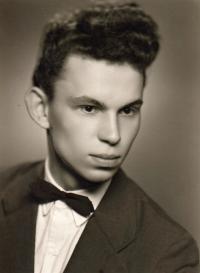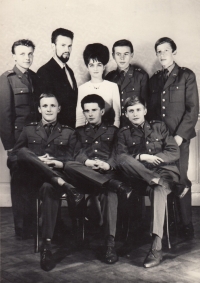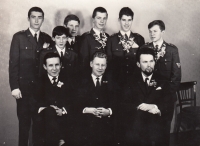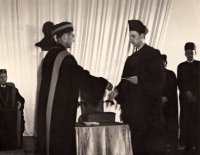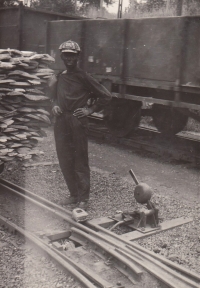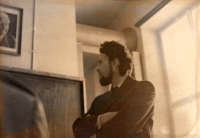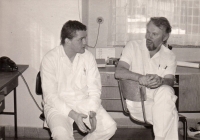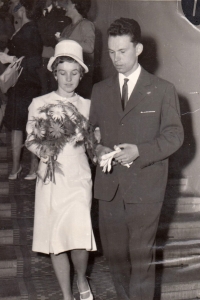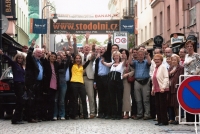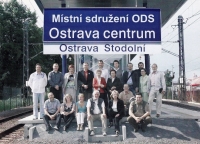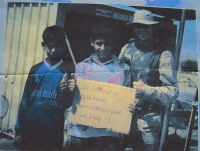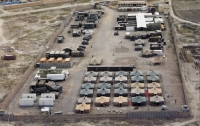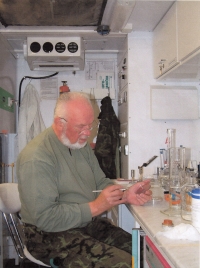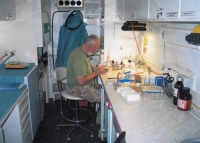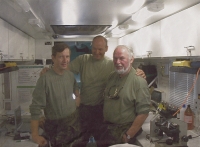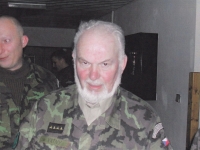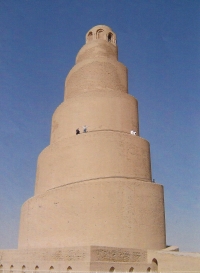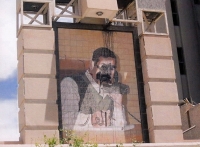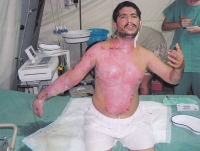The first problem was when I ate three pages of a Russian-English dictionary

Download image
Jiří Vrtný was born on 7 April 1941 in a working-class family in Ostrava-Vítkovice. His father was a communist until the 1950s. He stopped paying membership fees in connection with political trials and he was expelled. Jiří wanted to study medicine but was not admitted because of cadre reasons. He worked a year in Klement Gottwald´s steelworks and he became an applicant for membership in the Czechoslovak Communist Party. He was not admitted to the Faculty of Medicine anyway but was admitted to the Faculty of Science in Olomouc and there he graduated in Chemistry and Biology. After his military service, he started to teach at a military grammar school in Opava. He was expelled from the Party during the normalisation purges because of his allegedly bad influence on students and he had to leave the education system. After working one year in mines, he got a job as a microbiologist. He worked in various departments of the district and regional public health authorities in Havířov, Karviná, and Ostrava. He copied and spread samizdat literature and reproduced forbidden books. He was a councillor in Ostrava for Civic Forum and for ODS (Civic Democratic Party) after the fall of communist totalitarianism. He participated in humanitarian missions in Afghanistan and Iraq in 2002 and 2003. He served as a bacteriologist in field hospitals and attained the rank of major. He got retired in 2005. He is active in the Union of War Veterans of the Czech Republic.
